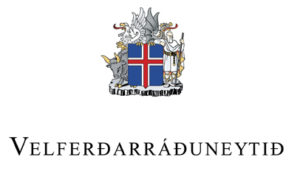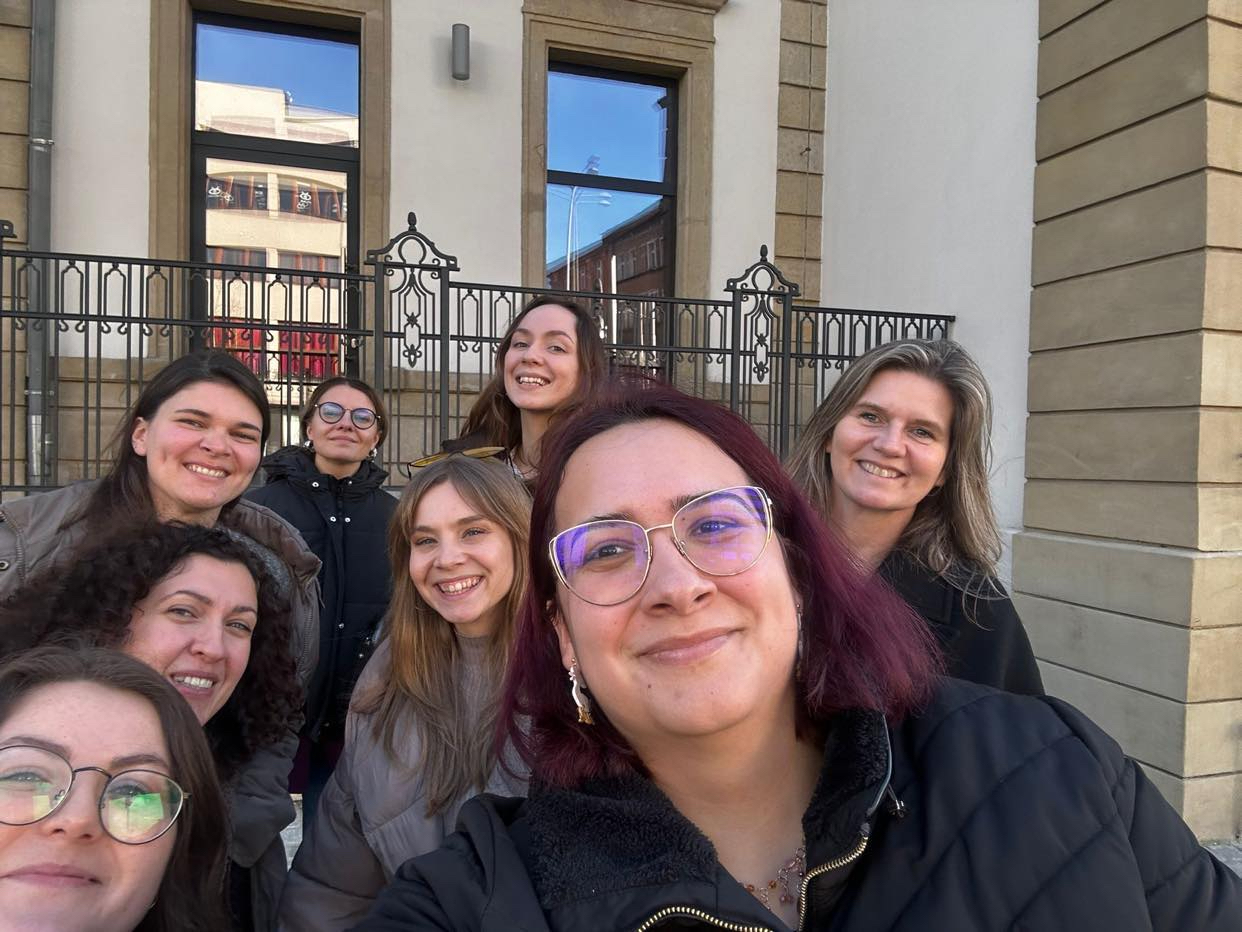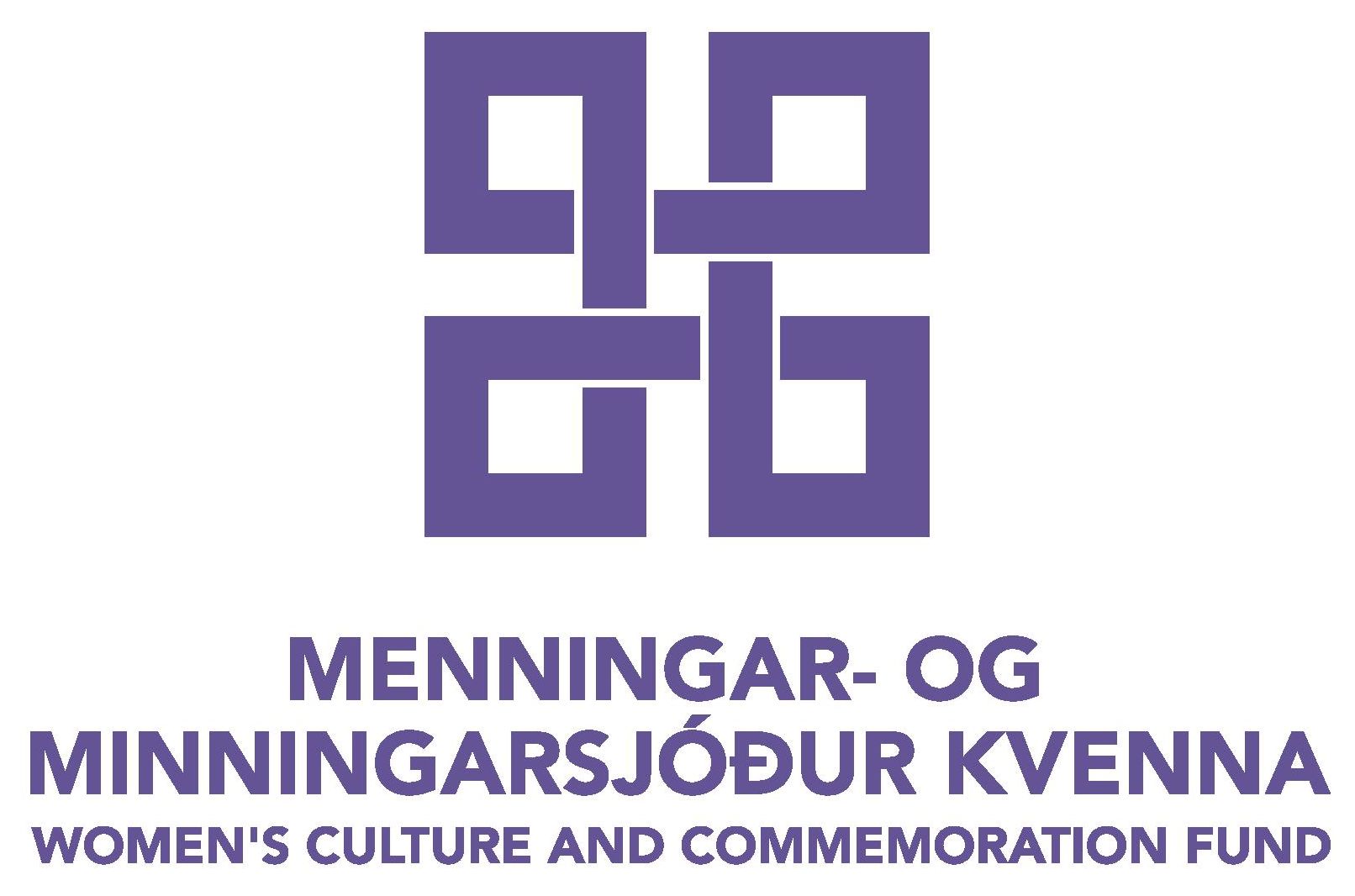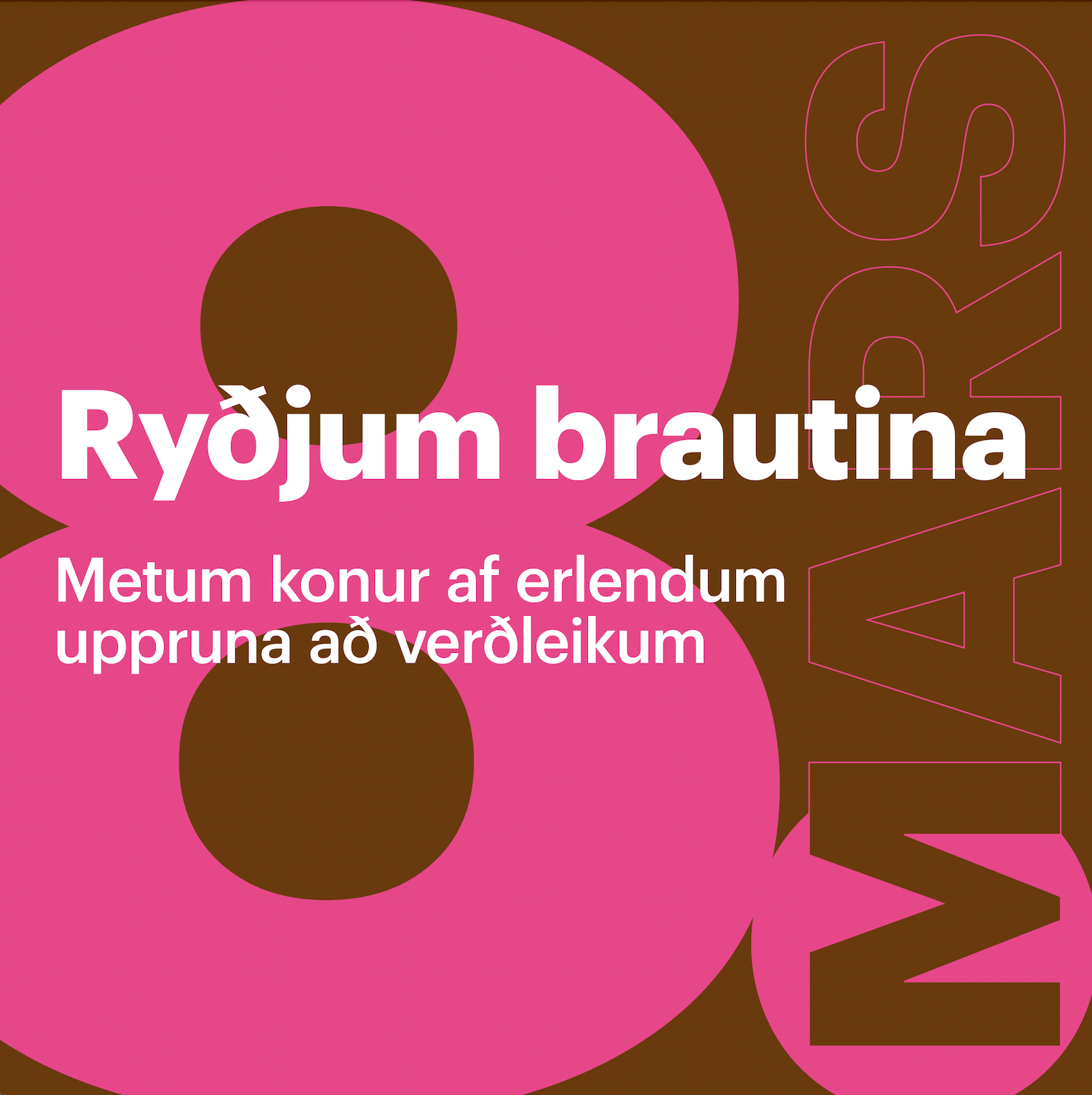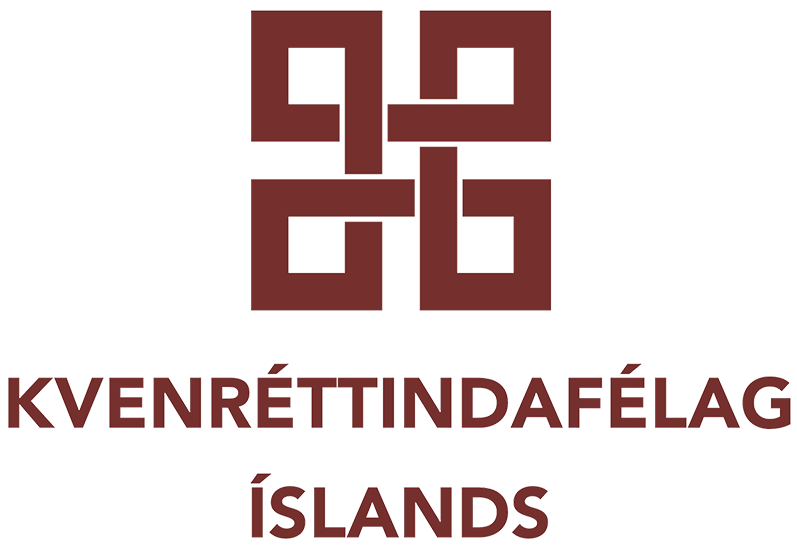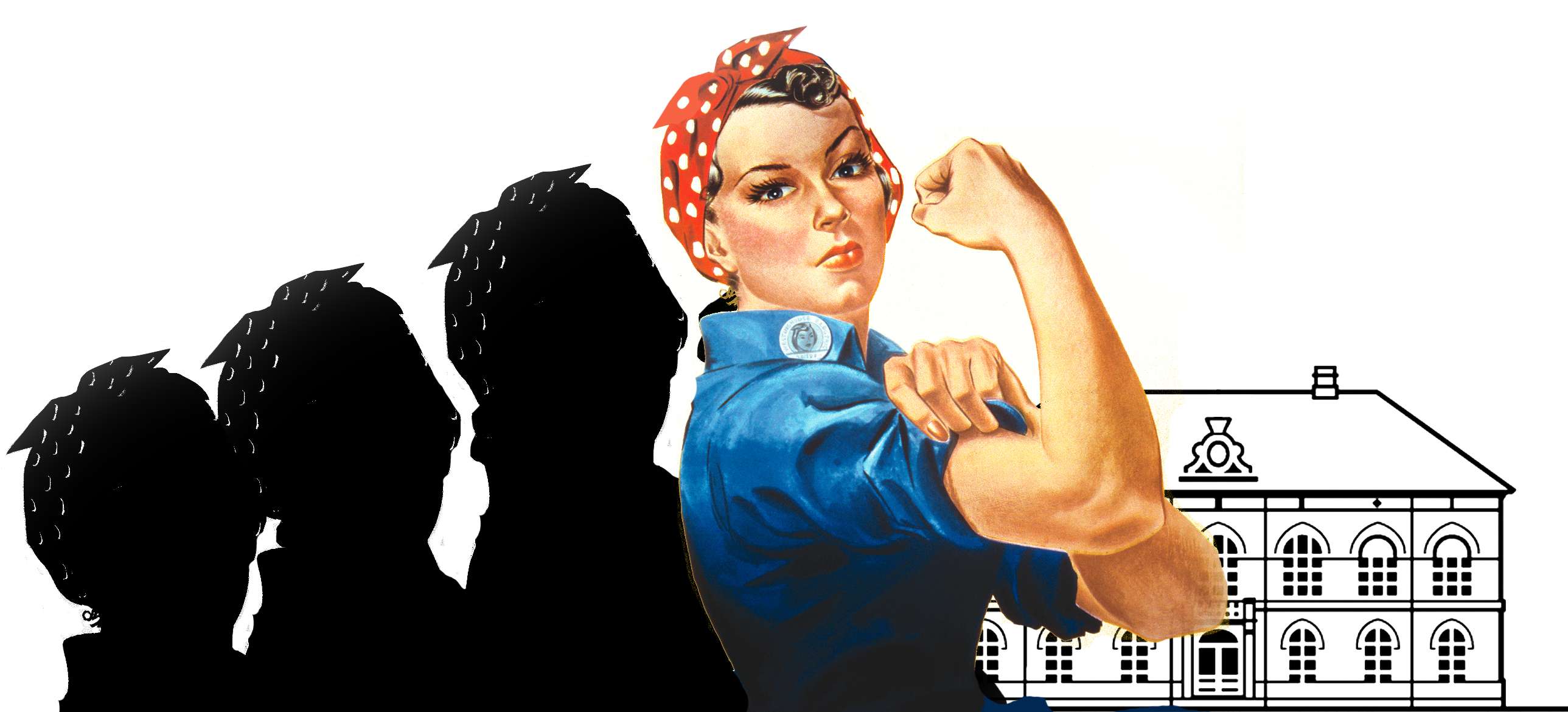
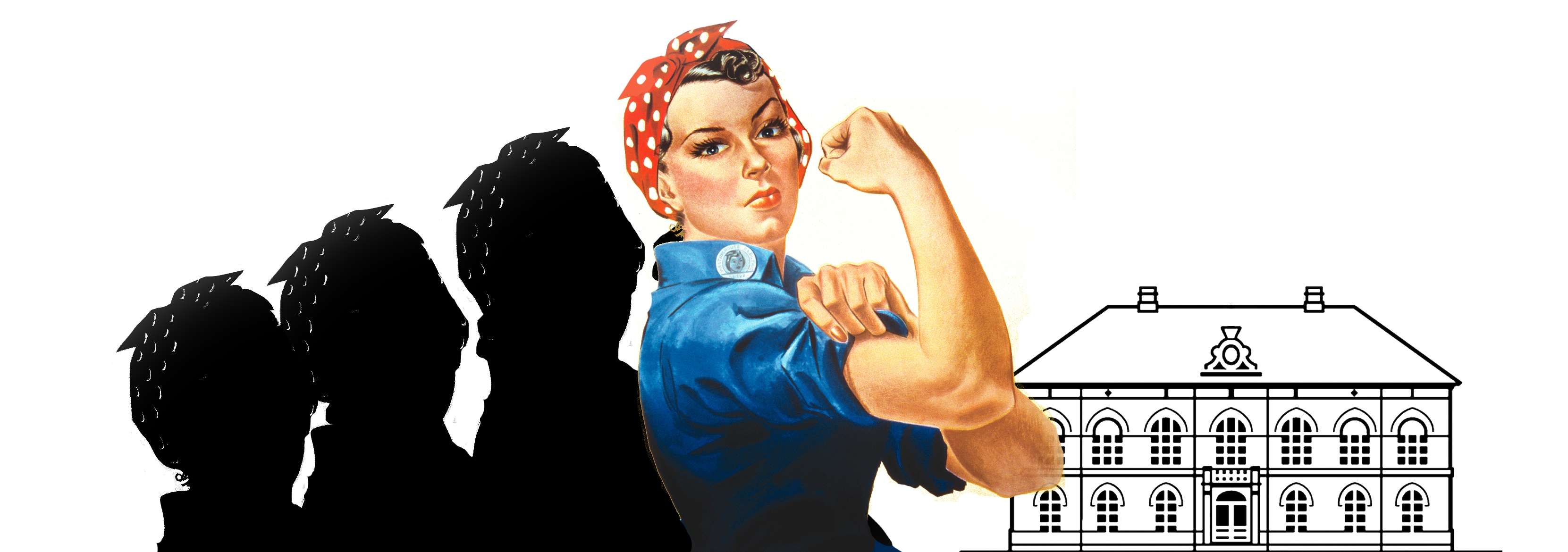
Do you want to run for Parliament or just find out more about how politics in Iceland work? Do you want to meet other immigrant women who are interested in politics?
Join us at training course in politics hosted by the Icelandic Women’s Rights Association. Free registration here: https://kvenrettindafelag.is/politik
This course will introduce you to the largest political parties and associations in Iceland and teach you how to quickly start working within your chosen party. You will learn the inner workings and “unwritten rules” of Icelandic politics, practice how to speak clearly and publicly, and get the opportunity to meet other women who share your interests in politics. By the end of the course, you will have a concrete plan on how you can change society!
The course lasts seven weeks and classes are taught on Monday evenings.
This course is FREE.
2 October 2017
Introduction
9 October 2017
Spheres of influence in Iceland. Running for office at the country and local levels and in boards of labor unions and other associations
16 October 2017
Visits from representatives from Iceland’s political parties I. Introducing the policies and inner workings of different parties, and how to join
23 October 2017
Visits from representatives from Iceland’s political parties II. Introducing the policies and inner workings of different parties, and how to join
30 October 2017
Public speaking and self confidence
6 November 2017
Meeting with immigrant women who are active in politics
13 November 2017
Final class. Discussing future plans of participants.
Classes are taught in Icelandic, but you can join the discussion in English as well.
Time Period: 2 October to 13 November 2017
Place and Time: Hallveigarstaðir, Túngata 14, 101 Reykjavík
Mondays at 7 p.m. to 9 p.m.
Moderator: Sabine Leskopf, deputy city councillor in Reykjavík
Note, the building has a wheelchair elevator with a maximum capacity of 225 kilos.
Register here: https://kvenrettindafelag.is/politik
The class is funded by Þróunarsjóður innflytjendamála
